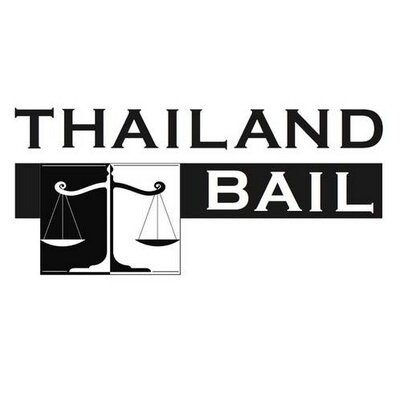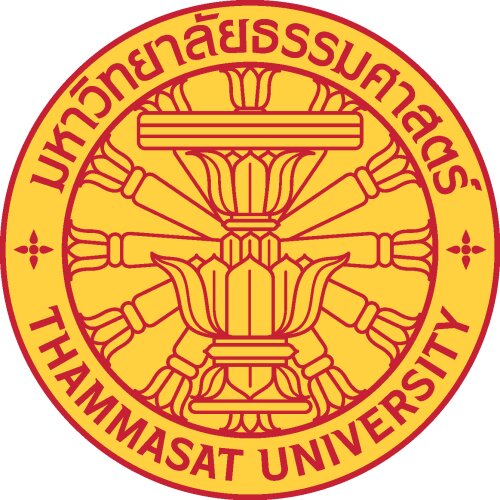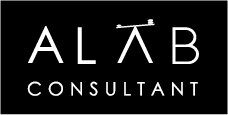Best White Collar Crime Lawyers in Bangkok
Share your needs with us, get contacted by law firms.
Free. Takes 2 min.
List of the best lawyers in Bangkok, Thailand
About White Collar Crime Law in Bangkok, Thailand
White collar crime in Bangkok, Thailand, primarily involves non-violent, financially motivated crimes committed by individuals, businesses, or government officials. These crimes typically include fraud, embezzlement, insider trading, tax evasion, and money laundering. The economic growth and international business presence in Bangkok have made it a focal point for both legitimate and fraudulent financial activities, prompting the need for effective legal frameworks to address such offenses. The Thai legal system, influenced by both civil and common law traditions, has specific provisions dedicated to preventing, investigating, and prosecuting white collar crimes, ensuring that justice is served while protecting the rights of individuals and entities.
Why You May Need a Lawyer
There are several situations where individuals and businesses may require legal assistance related to white collar crime in Bangkok, Thailand. You might need a lawyer if you are under investigation for alleged financial misconduct, if you've been accused of fraud, or if your company is facing charges of compliance breaches. Additionally, legal advice can be crucial when navigating audits, handling corporate governance disputes, or implementing anti-corruption measures. Having a lawyer will help you understand your legal rights, prepare an adequate defense, and navigate the complexities of the Thai legal system.
Local Laws Overview
Key aspects of local laws in Bangkok relevant to white collar crime include the Anti-Money Laundering Act, which aims to combat financial crimes and terrorist financing, and the Securities and Exchange Act, which regulates securities and exchange to prevent insider trading and market manipulation. The Penal Code of Thailand prescribes penalties for fraud, embezzlement, and corruption. In recent years, Thailand has also strengthened corporate governance and compliance regulations, focusing on transparency and accountability within organizations. These laws work in conjunction to provide a robust framework for tackling white collar crime.
Frequently Asked Questions
What constitutes white collar crime in Bangkok?
White collar crime involves non-violent offenses committed for financial gain, such as fraud, embezzlement, money laundering, and other forms of financial or corporate deceit.
How is white collar crime prosecuted in Thailand?
The prosecution of white collar crime in Thailand involves a legal process conducted under the Thai Penal Code and other related statutes, which may include investigation, indictment, trial, and sentencing.
Can I face charges for an international white collar crime in Bangkok?
Yes, if the crime has a nexus to Thailand, such as being committed by, involving, or affecting Thai citizens or businesses. Cooperation with international authorities might also occur.
What defenses are available for white collar crime charges?
Common defenses include lack of intent, entrapment, duress, mistake of fact, or proving that the offense did not occur as alleged. Your lawyer will tailor a defense based on the specifics of your case.
How can businesses protect themselves from white collar crimes?
Businesses can implement robust compliance programs, conduct regular audits, establish clear ethical guidelines, and train employees on legal norms to protect against white collar crimes.
What should I do if I am accused of a white collar crime?
Seek legal counsel immediately to understand your rights and formulate a defense strategy. Avoid making any statements to investigators without your lawyer present.
Are there specific penalties for white collar crimes in Thailand?
Penalties vary depending on the severity of the crime and may include fines, imprisonment, asset forfeiture, and prohibitions on holding certain professional roles.
Is there a statute of limitations for white collar crimes in Bangkok?
Yes, there is a statute of limitations; however, it varies depending on the specific crime. It's important to consult a lawyer for guidance on timelines.
Can victims of white collar crime seek restitution?
Yes, victims can seek restitution through civil suits or as part of criminal proceedings to recover financial losses incurred due to the crime.
How can foreign nationals navigate white collar crime charges in Bangkok?
Foreign nationals should engage a lawyer familiar with both local and international laws and their intersection to navigate charges effectively.
Additional Resources
For further assistance, individuals can contact the Anti-Money Laundering Office (AMLO), the Thai Securities and Exchange Commission (SEC), and the Department of Special Investigation (DSI) in Thailand. Legal aid organizations and the Thai Bar Association can also provide support and guidance.
Next Steps
If you find yourself involved in a white collar crime investigation or accusation, it is crucial to seek legal advice promptly. Research and select a lawyer with expertise in white collar crime in Thailand. Prepare all necessary documentation and be honest and forthcoming with your lawyer to ensure they can construct the most effective defense. Stay informed about your legal rights and the progress of your case, and adhere to all legal obligations and processes diligently.
Lawzana helps you find the best lawyers and law firms in Bangkok through a curated and pre-screened list of qualified legal professionals. Our platform offers rankings and detailed profiles of attorneys and law firms, allowing you to compare based on practice areas, including White Collar Crime, experience, and client feedback.
Each profile includes a description of the firm's areas of practice, client reviews, team members and partners, year of establishment, spoken languages, office locations, contact information, social media presence, and any published articles or resources. Most firms on our platform speak English and are experienced in both local and international legal matters.
Get a quote from top-rated law firms in Bangkok, Thailand — quickly, securely, and without unnecessary hassle.
Disclaimer:
The information provided on this page is for general informational purposes only and does not constitute legal advice. While we strive to ensure the accuracy and relevance of the content, legal information may change over time, and interpretations of the law can vary. You should always consult with a qualified legal professional for advice specific to your situation.
We disclaim all liability for actions taken or not taken based on the content of this page. If you believe any information is incorrect or outdated, please contact us, and we will review and update it where appropriate.















